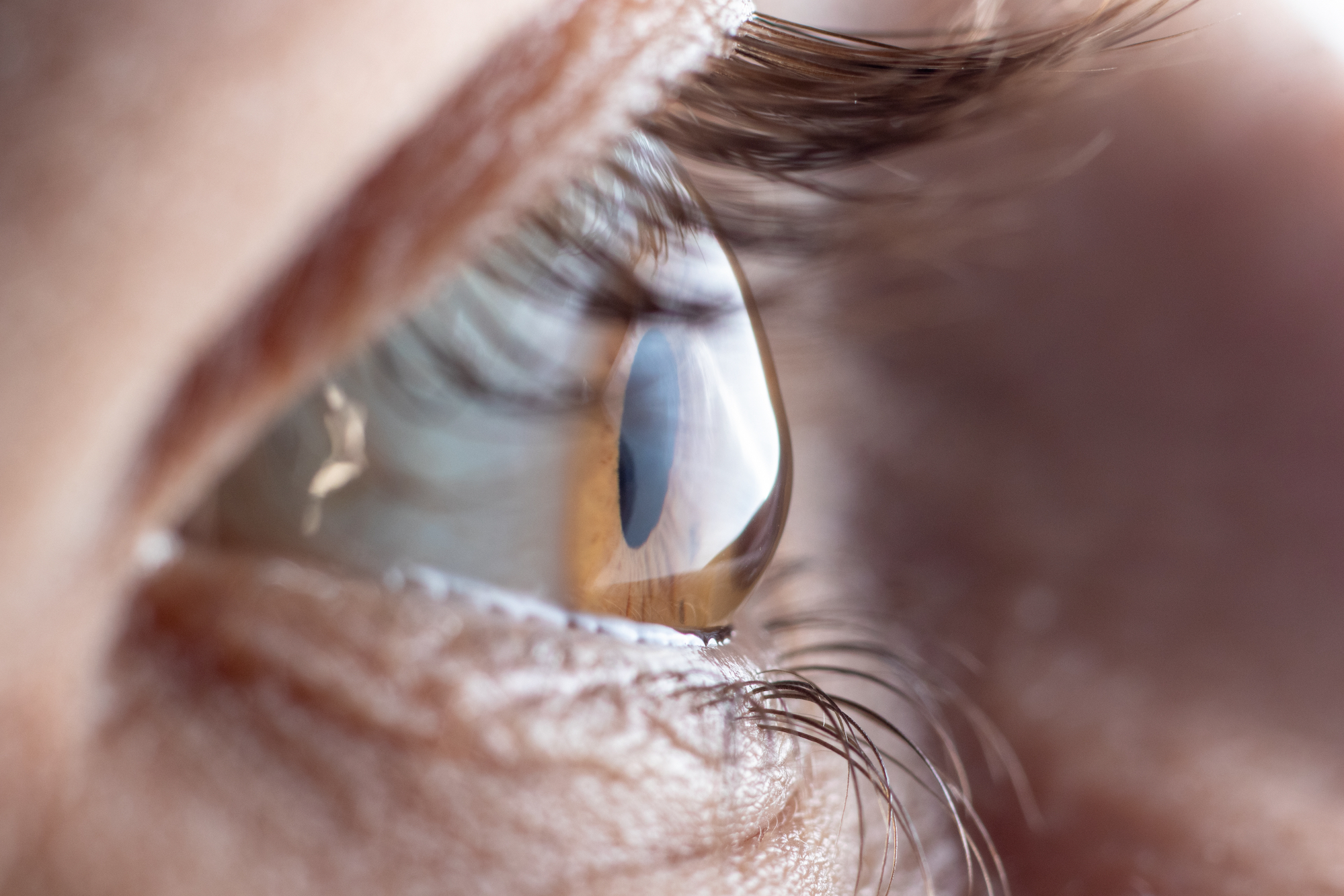
Keratoconus is an eye condition where the cornea thins out and cannot maintain its round curve. When that happens, the cornea swells and protrudes outward into a cone.
With keratoconus, you may experience blurriness and double vision, and bright lights may look like they have rings around them. Cross-linking is surgery to treat keratoconus and uses eye drops and ultraviolet (UV) light to reinforce the collagen threads in your cornea.
It is known as cross-linking because it puts in bonds to connect the collagen threads in your eye. The bonds work like support bars to stabilize the cornea and stop it from protruding more.
What Should You Not Do After Cross-linking?
There are several things you should not do after a cross-linking surgery. As your eye is recovering, it is crucial not to:
Rub or Touch Your Eyes
Do not rub or touch your eyes after the surgery, as keratoconus may worsen. Eye discomfort during the first week after surgery is normal. You may feel like you have something in your eye, or it may become sensitive to light. Your eye doctor will give you eye drops to reduce this discomfort, and sunglasses may help relieve distress around lights.
Allow Water into Your Eye
Water can cause infections when it enters your eye as it recovers. Avoid getting water into your eyes when having baths or washing your hair, especially during the first week after treatment. You should also avoid swimming for at least a month after cross-linking. Your eye doctor will monitor your recovery process during your follow-up visits and tell you when it is safe to be in the water.
Use Cosmetics Around the Eye
Do not use cosmetics around your eye for one or two weeks. You may have difficulty removing it, and residue from the makeup remover can enter and irritate your eye.
Strenuous Activities
Strenuous activities like workouts or running can interfere with your recovery should you get injured or have sweat trickle into your eyes.
Be in Dusty or Smoky Places
Avoid smoky or dusty places for the first few weeks. If you get smoke, dirt, dust, or debris in your eye, rinse it with your eye drops.
Do Screens Make Keratoconus Worse?
There is no clear indication that using computers and other digital screens can worsen keratoconus, even after cross-linking. But using digital screens and devices for long hours can sometimes dry your eyes. Many people with dry eyes have a habit of rubbing their eyes. Rubbing your eyes can cause keratoconus to advance.
If your cornea is thinning and bulging due to keratoconus, cross-linking will not return the cornea to its normal curve. But the treatment will keep keratoconus from deteriorating. For some patients, cross-linking removes the need for more serious procedures, such as a corneal transplant.
To be on the safe side, whether you have keratoconus or not, avoid rubbing your eyes during or after screentime. Take regular breaks from your screen to avoid digital eyestrain and use lubricating eye drops if your eyes start to feel dry.
For more on screentime after cross-linking, visit Coastal Vision Medical Group at our office in Chino, California. You can call (888) 501-4496 to book an appointment today.







